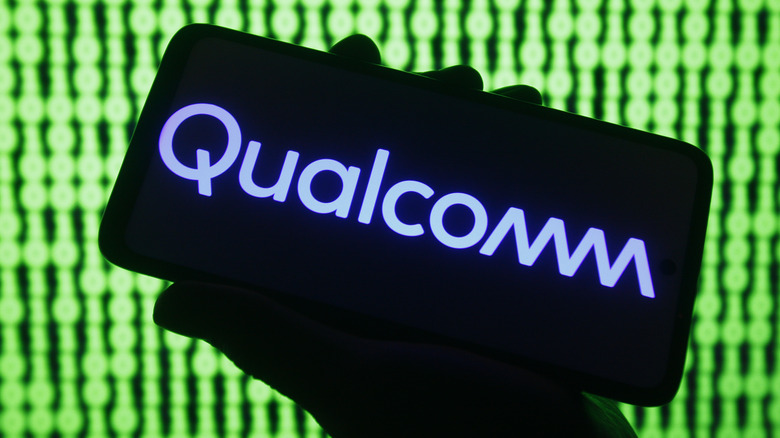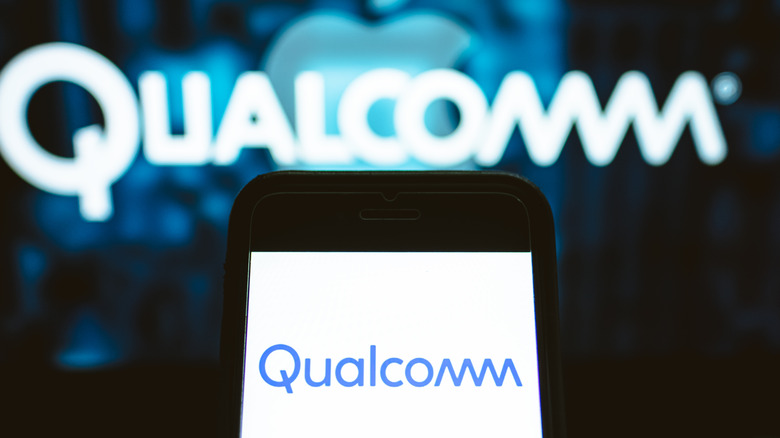Qualcomm Dodges Hefty EU Fine For Apple Deal
In 2018, the European Union slapped Qualcomm with a fine of over a billion dollars for allegedly engaging in anti-competitive tactics that involved paying a hefty sum to Apple for exclusively using the chipmaker's 4G LTE hardware in its phones and tablets. The company has now managed to get that hefty penalty overturned after a ruling by the General Court in Europe, which rejected the EU regulator's findings.
The Court of Justice of the European Union noted in a statement that "a number of procedural irregularities affected Qualcomm's rights of defense and invalidate the Commission's analysis of the conduct" against the San Diego-based chip giant. The key allegation against Qualcomm was that it paid Apple billions of dollars to use its LTE chips inside iPhones and iPads, which allegedly reduced the incentive for Apple to look elsewhere in the supply market.
The European Commission classified this as a move to gain an unfair market advantage, something that violates the bloc's competition laws. The case covered devices manufactured between 2011 and 2016. The company was also handed a fine worth €242 million in 2019 for allegedly lowballing the price of its chip to make it difficult for competitors to survive. Qualcomm, on the other hand, classified the allegations as biased.
Why did Qualcomm win?
In quashing the billion-dollar fine, the judges recognized that Qualcomm indeed reduced the incentive for Apple to seek another supplier for LTE chips, but that was not the sole reason. The court argues that "Apple had no technical alternative to Qualcomm's LTE chipsets for the majority of its requirements." More importantly, the panel of judges concluded that the European Commission's analysis was unlawful.
The court's statement also mentions that just because Apple's incentives were lowered, that doesn't leave the doors open to conclude that Qualcomm's conduct was anti-competitive. Moreover, the court notes that the European Commission failed to come up with a solid analysis to support the charges that the payments in question actually played a tangible role to influence Apple and stopped it from exploring other suppliers. In a statement shared with Bloomberg, Qualcomm expressed that it was "pleased with the General Court's decision."
The European Commission, on the other hand, hasn't chalked out its next steps yet, and there is no information on whether it will appeal the decision to a higher court. In an interesting turn of events, Apple is apparently planning a switch to in-house 5G modems in 2023, according to a report from The Wall Street Journal. And if the M-series silicon is any indication, Apple will eventually wean off all current suppliers of cellular modems, which includes both Qualcomm and Intel.

